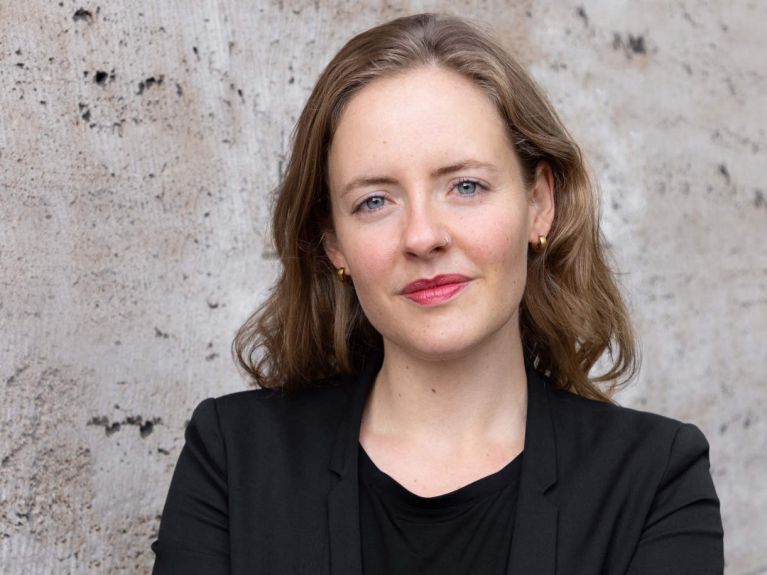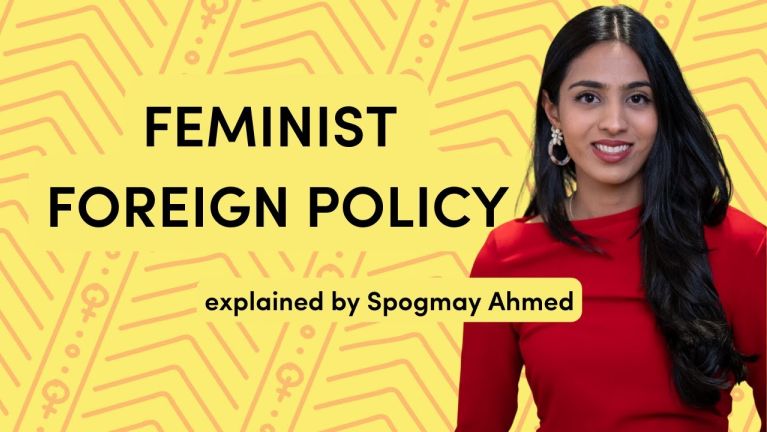“New value-based alliances”
Feminist foreign policy: in an interview, Leonie Stamm of the German Council on Foreign Relations explains the concept and its significance.

Ms Stamm, in your own words: what is feminist foreign policy?
There is no standardised definition, but there are core elements that link the various ideas. Many people see feminist foreign policy as a way of strengthening the rights, resources and representation of women and marginalised groups. This is the approach being pursued by the Federal Government. So the question is: which voices are to be included in foreign policy processes that have not tended to be heard in the past? Then there is another dimension, namely the question of security. Whose security is the focus of foreign policy decisions? Is it the security of the state or the security of the people?
You were involved in the development of the concept now being pursued by the Federal Government. What aspects were important to you?
The Federal Foreign Office conducted a consultation process involving numerous civil society organisations and think-tanks. The process itself was important because it took varying perspectives and demands into account. Another key point is that the concept offers space for self-reflection and further development. It is still very new and will need to be elaborated further.
Dieses YouTube-Video kann in einem neuen Tab abgespielt werden
YouTube öffnenThird party content
We use YouTube to embed content that may collect data about your activity. Please review the details and accept the service to see this content.
Open consent formWhat has the strategy achieved since its launch a year ago?}
Firstly, it has brought about internal changes at the Federal Foreign Office, including the appointment of an ambassador for feminist foreign policy and the introduction of gender budgeting, i.e. the inclusion of the gender perspective at all levels of the budget. New narratives have been introduced, too: the Foreign Minister’s speeches today often address the perspectives of women and marginalised groups, especially in connection with armed conflict. In addition, other countries are now pursuing a feminist foreign policy as well, leading to the establishment of new value-based alliances. One example is the meeting of female foreign ministers that took place in Ulan Bator in 2023 at the invitation of Annalena Baerbock and her French and Mongolian counterparts. There is still room for improvement in terms of the major political issues and the underlying principles of German foreign policy. The fundamental question that must always be asked here is: who and what is at the centre of foreign policy decision-making?



